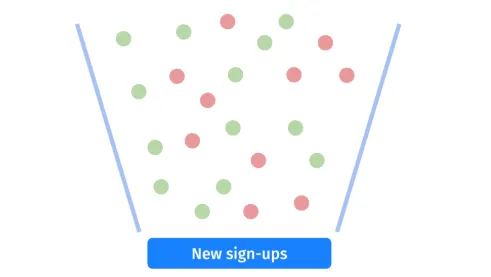Facing a DUI? What You Need to Know Now
Being arrested for driving under the influence (DUI) is a serious offense that can lead to severe legal and personal consequences. In case it is your first offense or you are a repeat offender, being aware of the DUI process would be crucial in order to make informed decisions. DUI legislation is stringent, and punishments vary depending on the jurisdiction, nature of the offense, and whether there are aggravating circumstances or not. This article breaks down what to expect and what to do if you’re arrested for DUI.
Initial Response to a DUI Arrest
The first thing to do if you’ve been arrested for a DUI is to keep calm and cooperate with the police officers. You’ll typically be asked to give a breathalyzer or blood sample to test your blood alcohol content (BAC). Refusal to submit to these tests is penalized by automatic sanctions, such as suspension of license. After being arrested, you will be taken to the station, booked, and your rights read to you. Remember that at this time, everything you say can be used against you at trial, so it is best not to say anything without having an attorney. Understanding the arrest procedure helps to keep you from getting into even more trouble.
Knowing DUI Penalties
The penalties for DUI can vary by jurisdiction and whether or not you have prior convictions. Standard penalties for a DUI conviction are fines, suspension, required alcohol education classes, and even jail time for more severe offenses. In some instances, the individual will be required to pay an increased penalty if they were involved in an accident or had an extremely high BAC. The judge may also sentence them to probation or community service. Being aware of the potential penalties ahead of time can prepare you for the process and have realistic expectations of what will be done to your case.
The Importance of Using DUI Lawyers
If you are charged with DUI, one of the most significant things you can do is employ seasoned DUI lawyers. They will walk you through the whole legal process, from your first appearance in court to negotiating plea bargains. A qualified DUI attorney will review the evidence against you, question the validity of the tests taken, and watch out for your rights throughout the trial.
What Happens at a DUI Trial
If your case is tried, the prosecutor will need to prove you were driving under the influence beyond a reasonable doubt. Your lawyer can cross-examine the witnesses and challenge the evidence provided by the prosecution. DUI offenses primarily involve presenting evidence like field sobriety testing, results of the breath test, and statements of the witnesses. You will be convicted and sentenced by the court according to the nature of the crime and your criminal history. But even if you are not convicted, it’s worth being prepared for a lengthy legal process, which can include multiple court hearings and legal motions.
Handling License Suspension and Reinstatement
One of the immediate consequences of a DUI arrest is the suspension of your driver’s license. The length of the suspension depends on factors like your BAC, whether you were tested and refused, and whether you have prior DUI convictions. In other cases, you are eligible to have a restricted license to operate a vehicle to and from school or work. After serving your suspension period, you will need to petition for license restoration. This may involve alcohol classes, payment of fees, and perhaps having an ignition interlock system installed in your car. Having this information in mind will make you ready to reinstate your driver’s license.
Conclusion
It is threatening to be charged with a DUI, but acquiring knowledge of what happens and how much it will cost will allow you to cope with the incident better. Be it arrest and punishment or the use of qualified DUI lawyers, each step is crucial in your case. Although a DUI charge can have severe repercussions, knowing your rights and seeking the advice of professional counsel can reduce the long-term impact. Whether it is dealing with the suspension of your license or preparing for trial, being knowledgeable will give you your best chance to put a DUI charge in your past.







